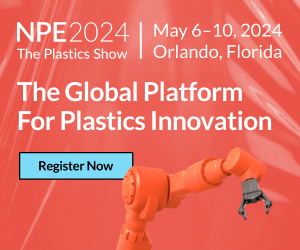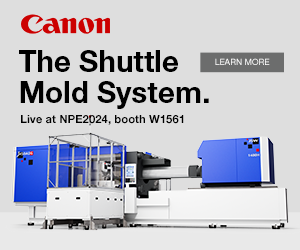Report on ALPLA Group Plants Affirms Greenhouse Gas Emissions Reduction Benefits of PET, HDPE Recycling
Life cycle analysis of production at four plants in Mexico and Germany was conducted by C7-consult.
ALPLA Group, a plastics recycler and packaging manufacturer, announced the results of life cycle assessments conducted by c7-consult. The analysis looked at data from four ALPLA recycling facilities, two in Germany and two in Mexico. Results confirm the carbon emissions reduction potential of recycled plastics and the importance of bottle-to-bottle recycling.
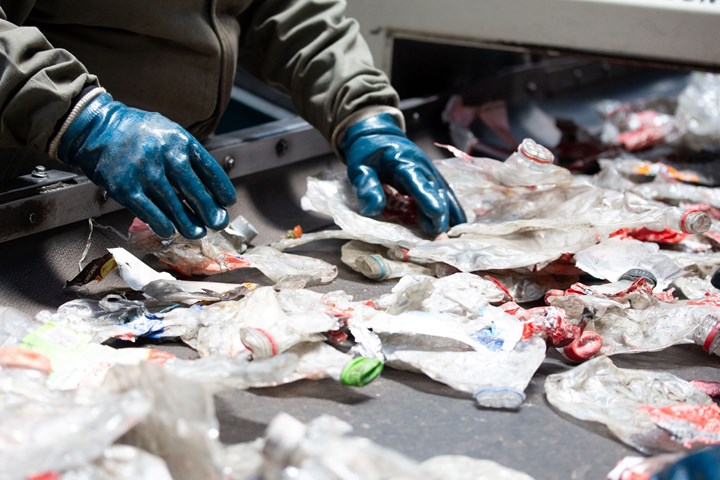
The washing and sorting steps necessary before processing postconsumer materials, such as these polyester bottles, increase the energy and therefore carbon footprint of recycling. Photo Credit: ALPLA Group
According to the company, 30,000 tons of rHDPE are produced per year at its Toluca recycling plant in Mexico. Production in Toluca causes 0.69 kg of CO2e (CO2 equivalent emissions) per kilogram. This is 70% fewer emissions than with HDPE virgin material (2.32 kg of CO2e per kilogram average according to Ecoinvent data).
ALPLA has been operating its plant in Toluca since 2005 within the joint venture IMER (Industria Mexicana de Reciclaje S.A. de C.V.) together with Coca-Cola FEMSA and The Coca-Cola Company. It has an annual production capacity of 16,000 tons of rPET. According to the analysis, production there causes only 0.38 kg of CO2e per kilogram, which is 87% less than virgin PET (2.90 kg of CO2e per kilogram). The company plans to increase its capacity to 51,000 tons of rPET next year. The PLANETA plant (Planta Nueva Ecología de Tabasco) in Cunduacán is currently being built in cooperation with Coca-Cola FEMSA.
ALPLA has capacity to produce 43,000 tons of rPET per year in Germany. Materials sourced from household recyclables collection are processed at the site in Bitterfeld-Wolfen, Saxony-Anhalt. Recycling PET bottles from household collection leads to a slightly higher energy requirement for washing. For example, Bitterfeld-Wolfen causes 0.93 kg of CO2e per kilogram of rPET. This means the recycled material still produces 68% fewer emissions than virgin material. At the PET recycling site in Bad Salzuflen, North Rhine-Westphalia, it is just 0.68 kg of CO2e per kilogram, which corresponds to a reduction of 77%.
Related Content
-
New Facility Refreshes Post-Consumer PP by Washing Out Additives, Contaminants
PureCycle prepares to scale up its novel solvent recycling approach as new facility nears completion.
-
Gerdau Graphene Launches “First” Graphene-Enhanced PE Additive Masterbatch for Extruded Packaging and More
The company has also partnered with conglomerate Sumitomo Corp. for distribution of its graphene-enhanced masterbatches in Japan.
-
‘Monomaterial’ Trend in Packaging and Beyond Will Only Thrive
In terms of sustainability measures, monomaterial structures are already making good headway and will evolve even further.


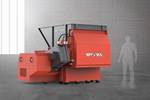

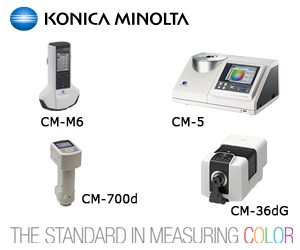



 (2).jpg;maxWidth=300;quality=90)
